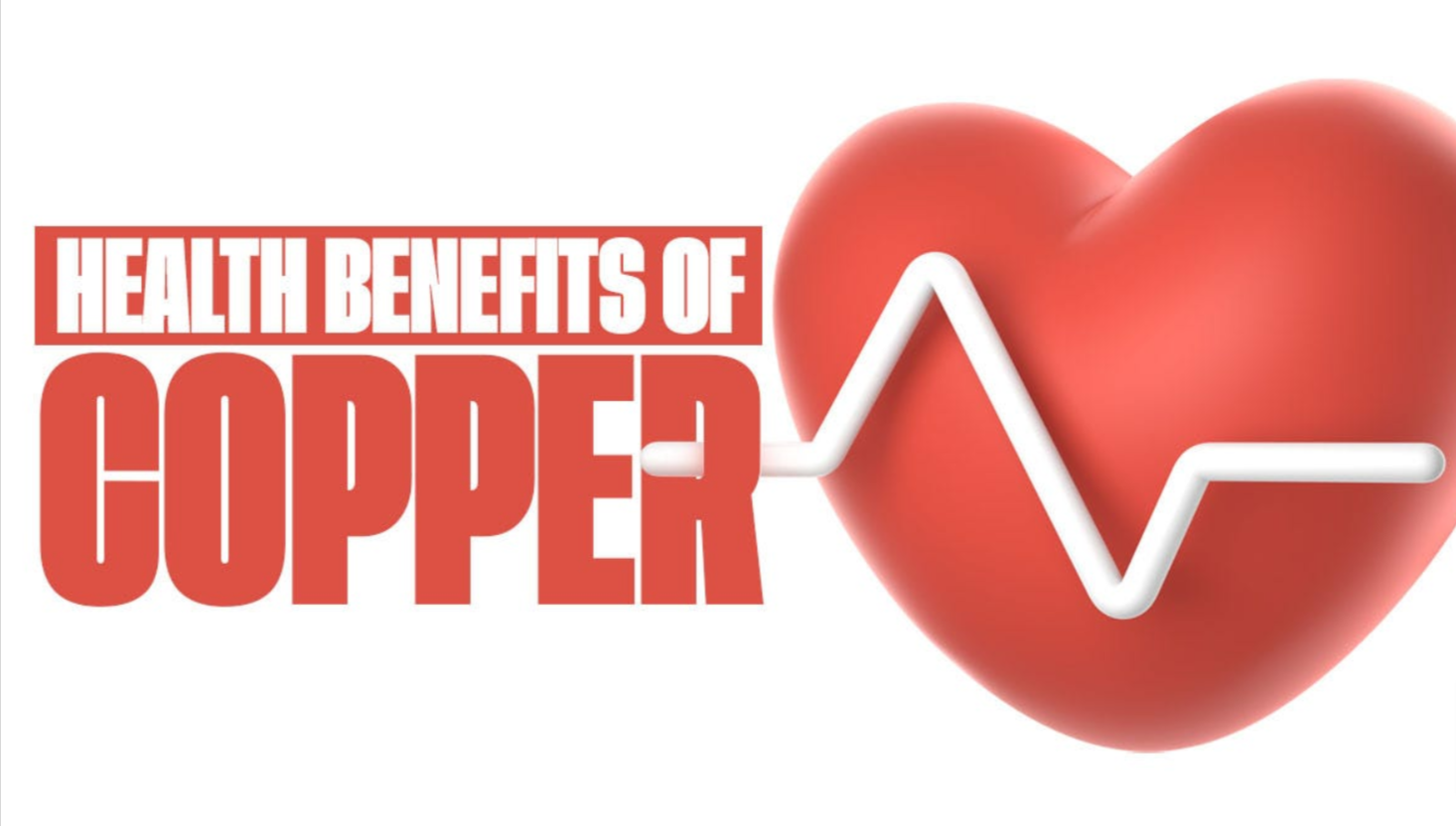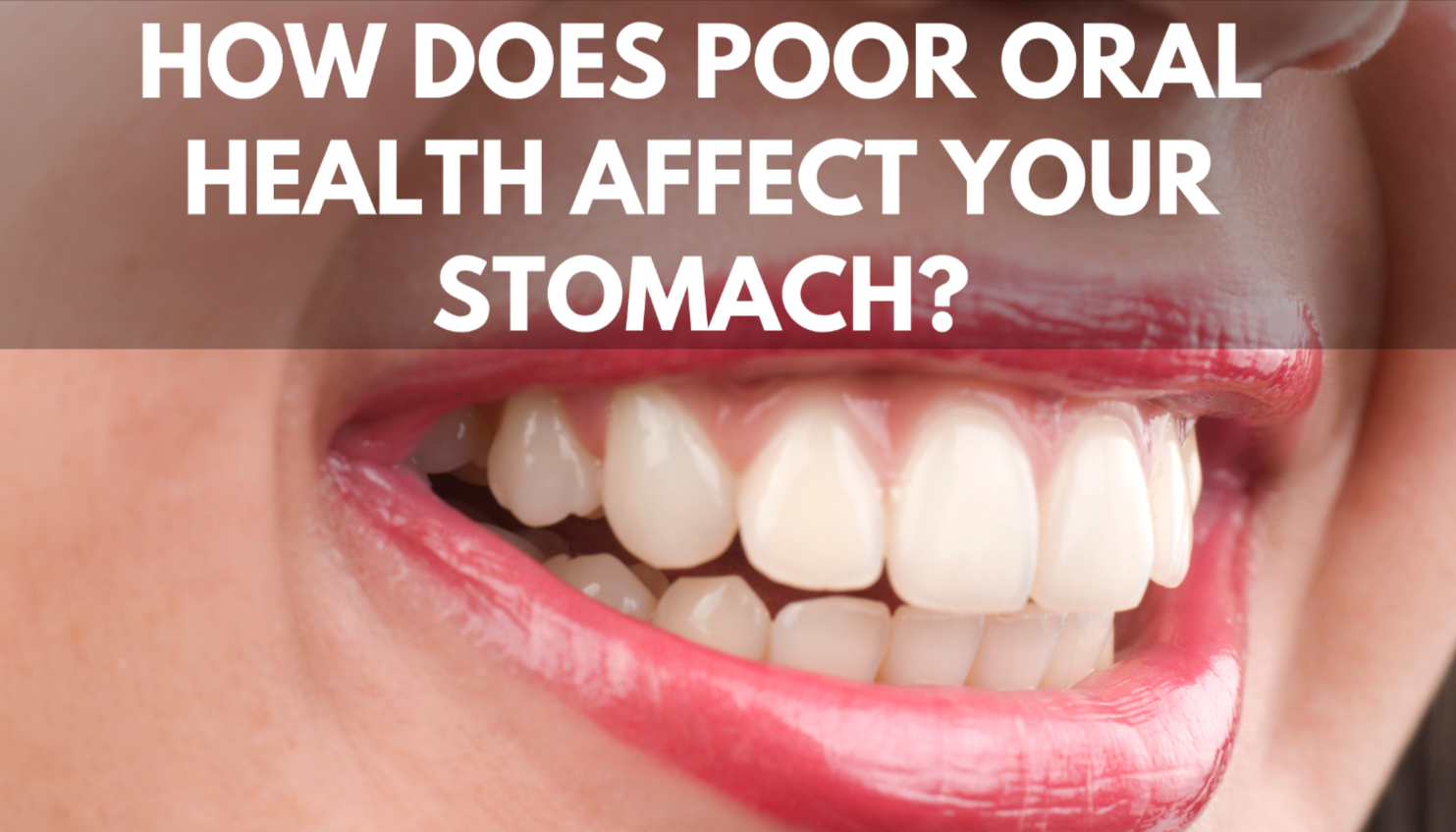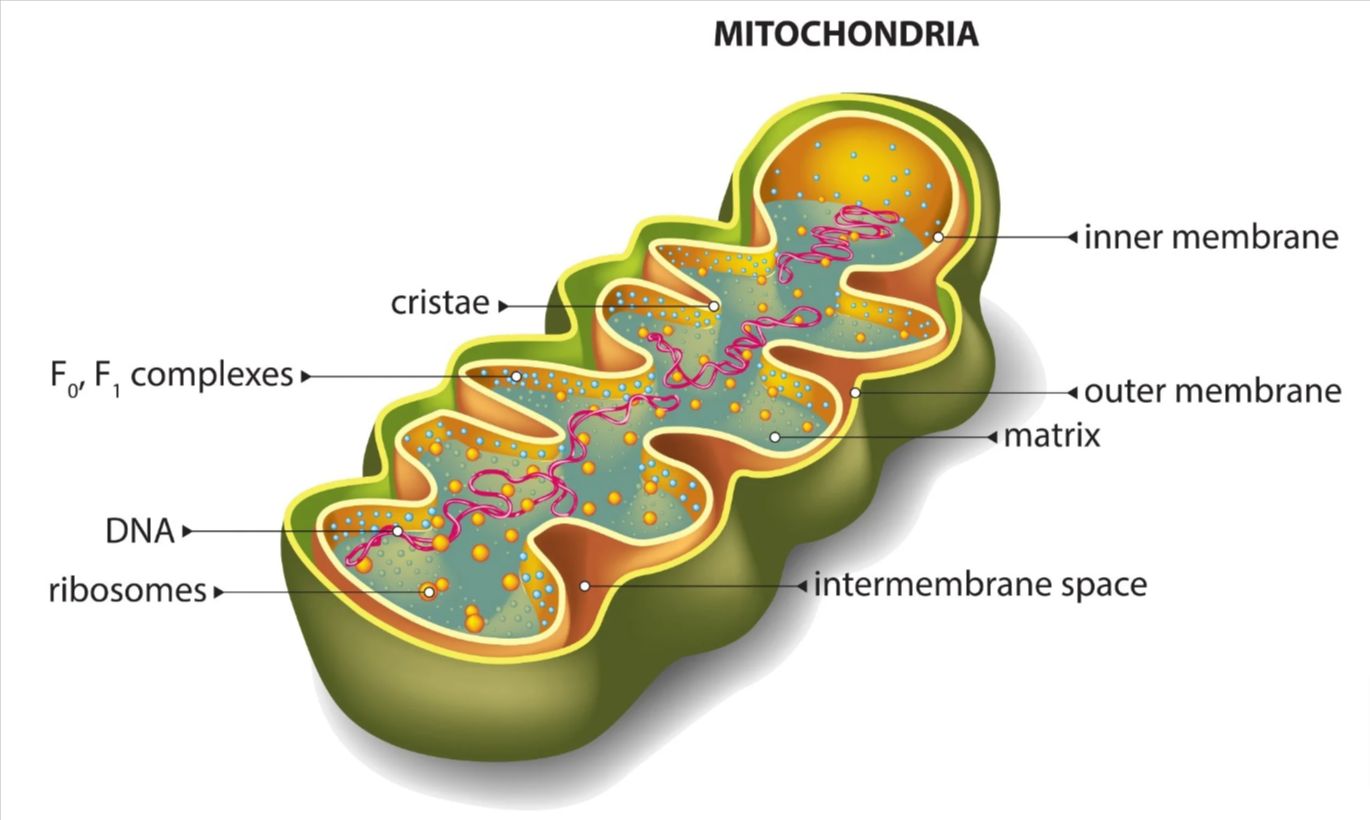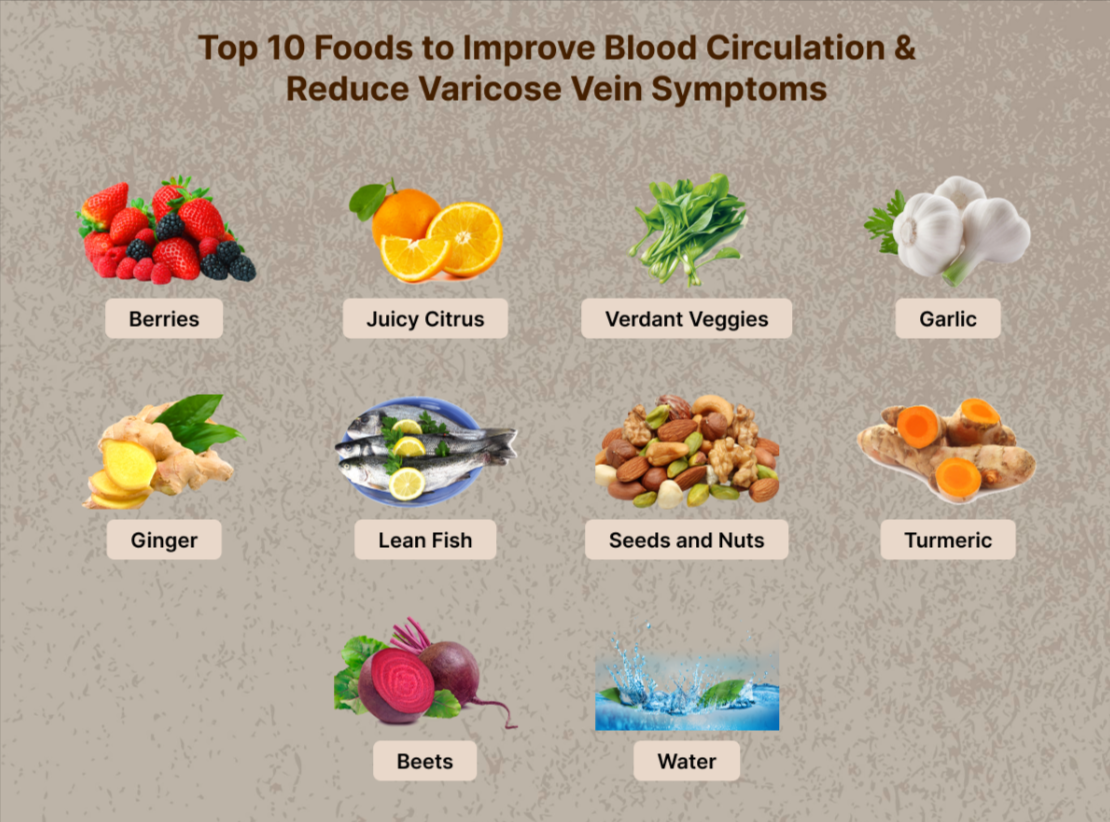The Role of Copper in Bone and Cardiovascular Health

We tend not to think of copper right at the top end of the healthy essential minerals ranking. Copper may not get talked about as much as other minerals—such as calcium, iron, and magnesium—but this modest mineral plays an important role in overall health, particularly with regards to bone strength and cardiovascular function.
Even if your body needs only a small amount of copper, this trace mineral is essential for several of the processes in your body. Never underestimate, the role of copper, from helping bone density to keeping your heart healthy. This article will cover what copper does for your bone and heart health, the signs of copper deficiency, and, most importantly, how you can make sure that you are getting the recommended amount copper in your diet (no more and no less!).
🔍 What Is Copper and Why Is It Significance?
Copper is a trace mineral, which means your body only requires a small amount of it. Although you need very little copper, it is important for your health. It plays a role in multiple essential biological processes, such as:
- Producing red blood cells
- Maintenance of immune function
- Help accelerate the process of energy production
- Creating connective tissue and collagen
- Antioxidant action for protection from oxidative damage to cells
Copper helps the body make red blood cells and works with iron to help the body form red blood cells, and ensures that your bones, blood vessels, nerves, and immune system are working correctly. However, many of those crucial systems will go awry without a sufficient amount of copper.
🦴Copper and Bone Health
Minerals like calcium and vitamin D often take the lion's share of the credit when it comes to strong, healthy bones. But copper is a co-starring nutrient just as important for bone structure and density.
🏗️ 1. Supports Collagen Formation
It is the principal protein within your bones, cartilage, and connective tissue. The other major role of copper is that it delivers a great contribution to the enzyme called lysyl oxidase, which can align collagen elastin crosslink to harden bone and elastic.
And because the body needs copper to build flexible connective tissue, this gene functions less and, despite healthy bone density, it is easier for bones to break.
🏋️ 2. Enhances Bone Mineral Density
What does the research say about copper and bone health?Copper has been shown to maintain bone mineral density (BMD). Insufficient levels result in decreased bone density, which can create conditions for developing osteoporosis — a disease that makes bones brittle and more likely to fracture.
Postmenopausal women in particular and older adults in general have high risk of loss of bone density. Getting enough copper might be an important step in promoting your bones and making them stronger.
⚡ 3. Involved in Antioxidant Defense
In terms of antioxidant defense, copper is a co-factor in the enzyme superoxide dismutase (SOD). It protects against free radicals that could widely potentially damage the cells that make up our bones. Copper also plays a role in reducing oxidative stress, indirectly helping to maintain and preserve bone health.
Copper: An Essential Mineral for A Healthy Heart ❤️
Copper is also critically important to prevention of a balanced cardiovascular system. Low levels can impair cardiac function and increase the risk of heart diseases.
💪 1. Helps Maintain Structure of Blood Vessels
Just as copper leads to strong bones, it facilitates collagen and elastin production for blood vessels. This preserves the elasticity and flexibility of arteries and veins, necessary for effective blood flow.
Copper also has an important role to play with blood vessels — if the body is starved of it, blood vessels become less supple, and arterial stiffening (a condition associated with heart disease and high blood pressure) can develop.
💓 2. Helps Form Red Blood Cells
Copper is essential for producing red blood cells in the body and facilitating iron absorption in the body. Inadequate copper intake hampers red blood cell formation. In this case, not enough healthy red blood cells are present for transporting sufficient oxygen to tissues: this condition is known as anemia.
🧪 3. Helps the heart with antioxidant defense
Enzymes that are found to contain copper like superoxide dismutase (SOD) are also found to protect the heart by reducing oxidative stress. Oxidative damage to heart will cause inflammation, which can lead to heart disease. Copper significantly reduces the chances of cardiovascular ailments by providing support for antioxidant defenses.
🔥 4. Regulates Heart Rhythm
Copper plays a role in electrical activity in the heart. Low copper might be able to affect the appropriate heart rhythm and even cause arrhythmias (irregular heartbeats), according to some research. Having stable copper levels, also prevents heart complications and, lead to stable heartbeats.
🚨 Signs of Copper Deficiency
Copper deficiency is rare for those who eat a healthy diet, though it can happen with some health problems or restricted diets. Quickly understanding of copper deficiency signs is important, because of potential serious health issues.
Some of the most common signs of a copper deficiency are:
- Fatigue and weakness
- Frequent infections
- Weak or brittle bones
- Pale skin due to anemia
- Poor coordination and balance
- Irregular heartbeat
- Loss of skin pigmentation
Who’s at risk?
- This could be someone with a digestive disorder (e.g., Crohn’s disease or celiac disease)
- The zinc supplements with high intake ( it can inhibit copper absorption)
- Individuals with malnutrition
- Cow milk (copper poor) fed infants
If you notice one or more of these symptoms and think something is up with your deficiency, get it tested through a healthcare professional.
🥑 How Much Copper: RDA-Optimally, Not More Than One Microgram Daily
Available evidence on the recommended daily intake of copper changes with age, gender, and other factors. The recommended dietary allowance (RDA) for copper is:
- Adults (19 years and older): 900 micrograms (mcg) per day
- Pregnant people: 1000 mcg/day
- Lactating women: 1300 mcg/day
You shouldn’t consume more than the recommended daily amount, since excess copper can cause nausea, vomiting and liver damage in severe cases.
🍫 TOP FOOD SOURCES THAT CONTAIN COPPER
Balanced nutrition is the best approach in terms of finding balance with copper levels. Fortunately, however, there are many foods that contain copper, which makes it easy to achieve the daily requirement.
Here are some of the best sources including foods high in copper:
🥑 All organ meats (highest in liver)
🥜 Nuts and seeds (cashew nuts, almond, sunflower seeds)
🐟 Shellfish (such as Oysters, crab and lobster)
🥦 Leafy green vegetables, such as spinach and kale
🍫 Dark chocolate
Food sources: 🍞 Whole grains (quinoa, oats, etc.
Plants (like lentils and chickpeas) 🧀
Regularly eating these foods brings you balanced copper levels and feeds your bone and heart health.
Is it possible to GET TOO much copper?
Copper deficiency is indeed a concern, but at the same time, excessive copper will result in toxicity. Signs of copper toxicity include the following:
- Nausea and vomiting
- Abdominal pain
- Diarrhea
- Liver damage
- Nervous system issues (in serious cases)
Diet alone is rarely sufficient for most of us to manifest copper toxicity. But if someone takes large doses of it as a supplement without medical supervision, it can raise the risk. Always speak to your health care provider before adding any new supplement to your routine.
Copper Parasites: Ways to Keep Copper Levels in Check
The following are some simple tips to help you ensure your copper consumption is assisting your bones and cardiovascular health:
- Consume a well-balanced diet full of foods high in copper.
- However, high-level zinc supplementation that has not been prescribed by a doctor should be avoided because it inhibits copper absorption.
- Verify that your multivitamins have the right level of copper.
- Stay hydrated + Continue to eat healthy in general.
If there is a risk of deficiency because of disease or illness, consult your doctor.
Conclusion: Why Copper Is Important for Your Bones and Your Heart.
Copper mineral may not be the most popular mineral, but it is essential in ensuring the bones are always healthy and the heart is pounding. Copper is essential for your overall health — from maintaining bone density and collagen production, to assisting cardiovascular function and red blood cell synthesis ( 1 ).
The bright side is that your body needs copper only in the right amounts, which are easily realized through a healthy balanced diet full of copper containing foods. By listening to your body and reaching out to healthcare professionals when appropriate, you can maintain good health of your bones and cardiovascular system for the long run.
Incorporate it into your wellness routine—it is a tiny element with a huge impact on your health, you need to put copper on the top of the schedule.



